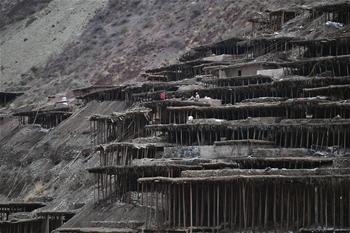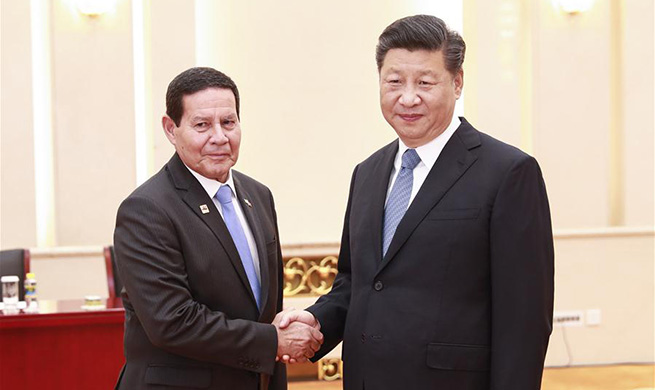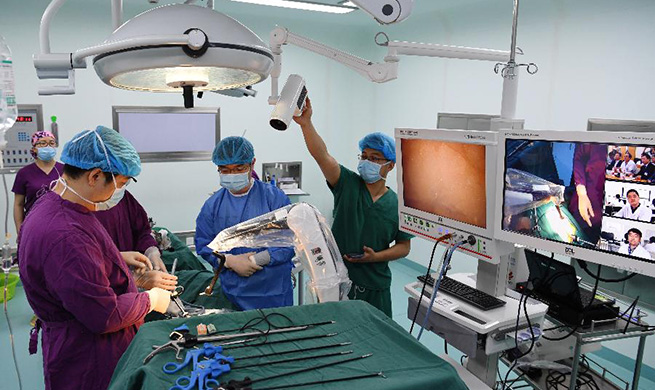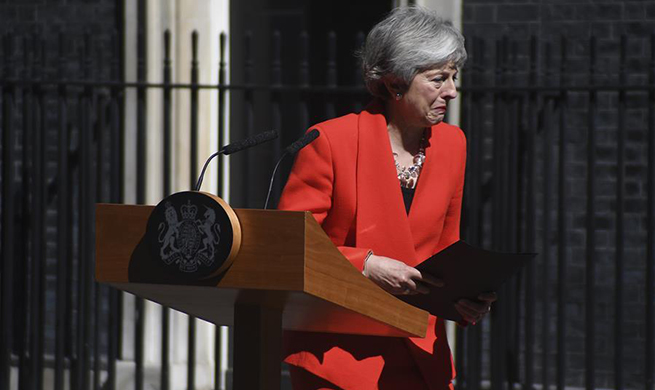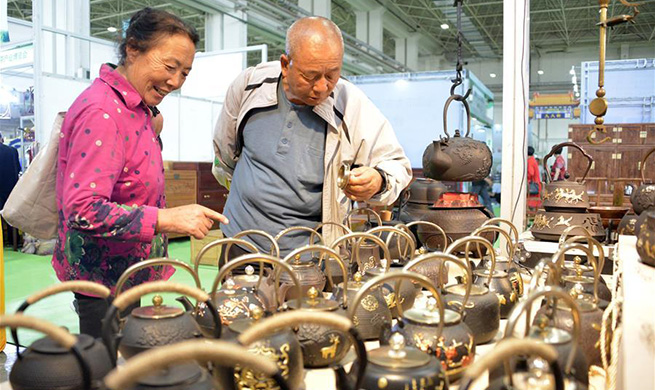ANKARA, May 24 (Xinhua) -- As Turkey is moving toward yet another reform in its education system, believed to be a must, experts said changes should focus on quality and equity for all students.
The Ministry of National Education introduced last week a new education model that will reform high schools. Starting from the 2020-2021 academic year, middle and high schools will undergo a string of changes, including fewer class hours and elective courses.
The changes which would be implemented gradually starting in 2020-2021 come on the heels of a landmark change to school terms for grade schools that shortened summer holiday but added more school breaks in April and November, a first in Turkey.
"Two weeks out of the 13-week summer holiday are planned as one-week break in April and November each," told Ziya Selcuk, minister of National Education, during a conference, state-run Anadolu agency reported.
A long period of summer break increases the possibility for students to forget what they have learned in Turkey which is among the countries with longest summer break, he asserted. "We are working on efficiency and balance."
The ministry also plans to reduce class hours and a number of classes in middle school and class hours will be substantially reduced for the last year of high school. Instead, students in the last year will be given extra time to study more for university admission.
High schools will also host career offices, where students will have access to consultations for their future career planning, as the youth's unemployment is one of the major challenges for Turkey.
Turkey's education system has been impacted in the past decade by frequent and abrupt changes in curriculum which have caused deep controversy and suspicion against the government.
They have brought new challenges to a system which, observers argue, lacks critical thinking and lags behind European countries.
Turkey tanks at the bottom in Europe in terms of the Programme for International Student Assessment (PISA) that evaluates educational systems by measuring 15-year-old students' performance on mathematics, science and reading.
"There are points that we can consider as real improvements in the program unveiled by the ministry such as more electives courses and less exam-oriented measures, but there are many questions still in our heads," Ozgenur Korlu from the Education Reform Initiative (ERI), a non-governmental education think tank in Istanbul, told Xinhua.
There are big differences in opportunities between the industrial western and relatively underdeveloped southeastern region of Turkey regarding public education which is compulsory until the age of 15.
Korlu welcomed the decision of the ministry to move gradually to the new system in line with the government's 2023 vision, which would give teachers, parents and students the time to acclimate to the changes.
Still there is much debate among parents who are perplexed by so many changes in recent years and expects more precision from authorities concerned.
"I am confused. The flexible curriculum part is good because there will be more diversity but I hope there will be more details announced on mandatory and compulsory courses," Imge Benli, a mother of two school children in Ankara, told Xinhua.
She insisted that previous reforms have had little or limited success, and hoped this one would be the "final one."
"There is no doubt that quality is the essence with more use of technology in education," remarked the mother.






